My Bookshelf
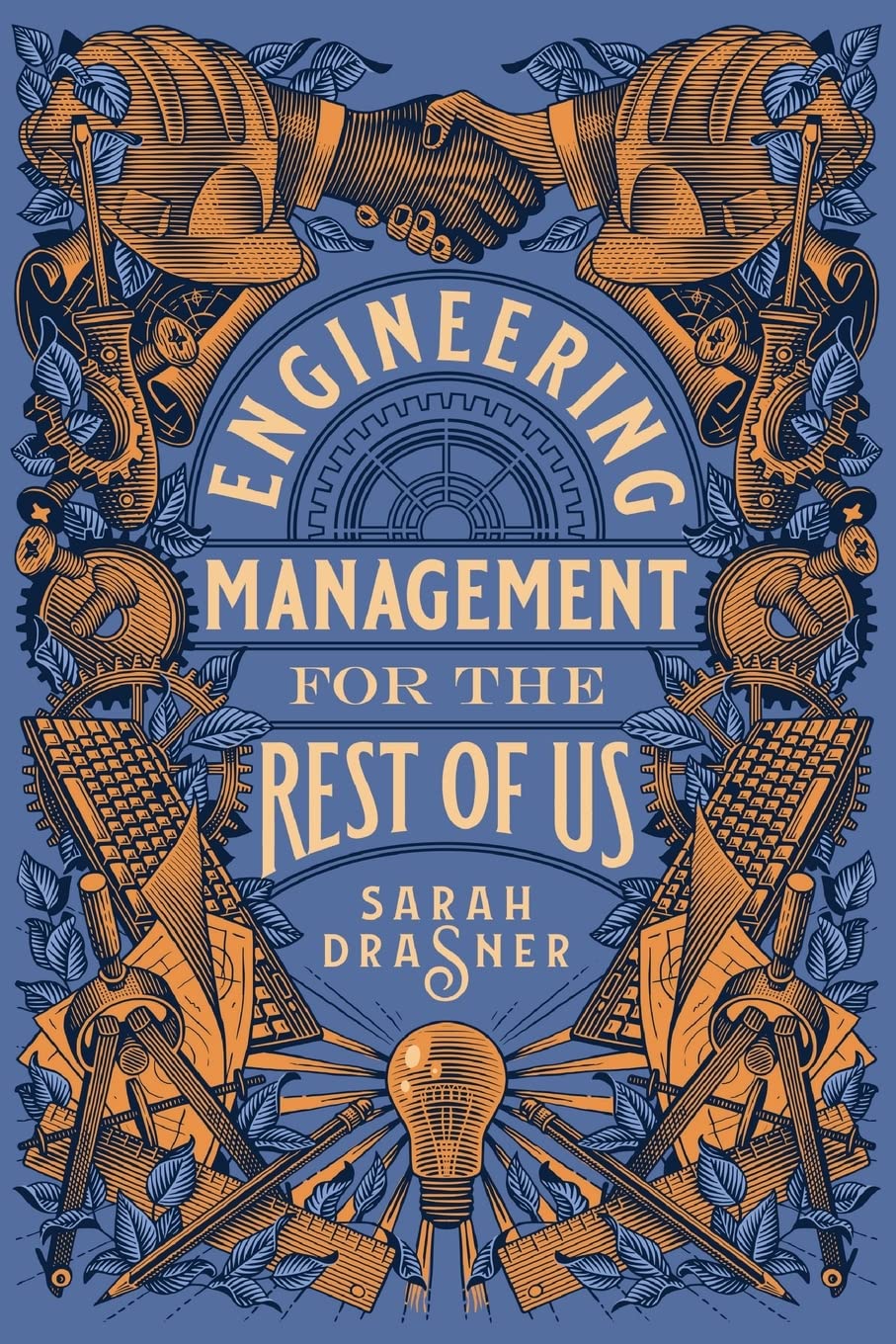
Engineering Management for the Rest of Us
A very people focussed Engineering Management book that will be a great resource for those who are just starting Engineering Management. Personally, I found that while it covers a lot of the fundamentals, it doesn’t go into enough depth to be a complete guide to Engineering Management.

The AI-Driven Leader: Harnessing AI to Make Faster, Smarter Decisions
If you were an early adopter of AI, then this book likely has little to offer you beyond the prompts at the back of the book. That said, it is a great resource for those who are just starting to explore AI in the workplace or have not considered AI beyond coding.
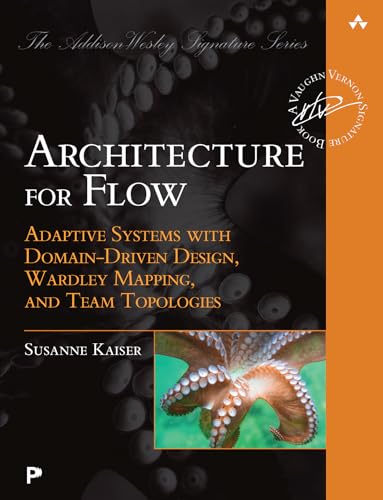
Architecture for Flow: Adaptive Systems with Domain-Driven Design, Wardley Mapping, and Team Topologies
The book emphasizes treating organisations as integrated socio-technical systems where social and technical aspects must be designed together. It introduces the “Architecture for Flow Canvas,” a practical tool for designing systems that evolve continuously while delivering sustainable value.

Become a Great Engineering Leader: Build Effective Skills to Lead and Grow
Master the art of senior engineering leadership with this hands-on guide designed for directors, VPs, and CTOs who need to make an immediate impact. Learn the essential skills for managing managers, executing strategy, and building high-performing organizations that deliver quality products at scale.

Creating Software with Modern Diagramming Techniques
Any book that focusses on a tool or technology rarely ages well. This book feels more relevant in the age of AI, due to the fact the solution is text based and can easily be parsed by AI.
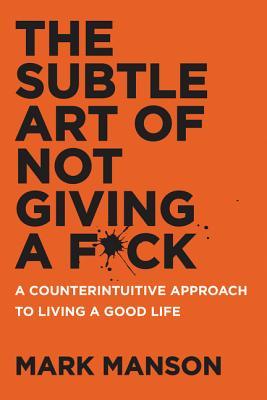
The Subtle Art of Not Giving a F*ck: A Counterintuitive Approach to Living a Good Life
This book discusses the importance of setting priorities and focusing on what is truly important in life. It argues that many people are overwhelmed and stressed out because they try to care about too many things, and that they would be better off if they focused on a smaller number of things that truly matter.

Engineering DevOps: From Chaos to Continuous Improvement ... and Beyond
The blueprints in this book are excellent and are as relevant today as they were when the book was written. If you are still struggling with a DevOps transition, this book is a must-read.
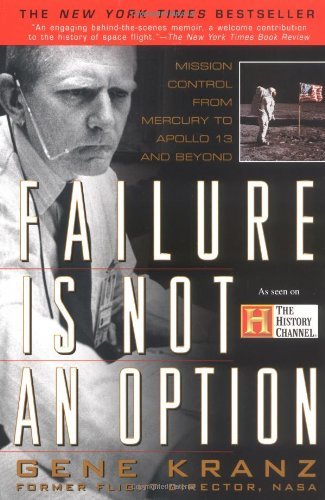
Failure is not an option
Success isn’t guaranteed by resources, but by the relentless alignment of mission and mindset. This book serves as a blueprint for leaders navigating volatile environments. It breaks down the essential mechanics of organisational survival: building a culture of radical adaptability, instilling unshakable confidence in the face of crisis, and maintaining a singular focus that refuses to yield until the objective is met.

Outcomes Over Output: Why customer behavior is the key metric for business success
Outcomes Over Output is a book that argues that customer behavior, rather than output or productivity, is the key metric for business success. It suggests that businesses should focus on understanding and measuring their customers’ behaviors and experiences, and use this information to drive strategy and decision-making.

Jobs to be Done: Theory to Practice
This book gave me a framework to think differently about customer needs and how to address them. It has creeped into all areas of Engineering Management and Product Development, even area’s as subtle as writing user stories.

An Elegant Puzzle: Systems of Engineering Management
This is one of the most influencial books of my Engineering Management journey. It provides a framework for understanding and managing the complex systems that underpin modern engineering organisations.

The Manager’s Path: A Guide for Tech Leaders Navigating Growth and Change
Provides guidance and advice for tech leaders who are managing teams and organisations through periods of growth and change.
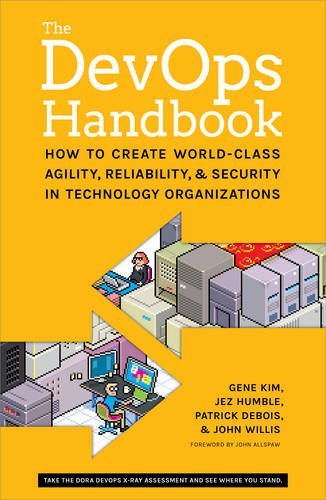
The DevOps Handbook: How to Create World-Class Agility, Reliability, and Security in Technology Organizations
The DevOps Handbook is a comprehensive guide to implementing DevOps principles and practices in technology organisations. The book covers a wide range of topics, including cultural and organizational changes, automation and tooling, and processes and practices that enable organisations to deliver high-quality software faster and more reliably.

The Delicate Art of Bureaucracy: Digital Transformation With the Monkey, the Razor, and the Sumo Wrestler
The Delicate Art of Bureaucracy is a book about digital transformation in organisations. It uses the metaphor of the monkey, the razor, and the sumo wrestler to represent three different approaches to achieving change: the monkey represents a agile and flexible approach, the razor represents a lean and efficient approach, and the sumo wrestler represents a heavyweight and bureaucratic approach.

Sooner Safer Happier: Patterns and Antipatterns for Organizational Agility
The book identifies a number of patterns and antipatterns that organisations can use to achieve business agility. Patterns are effective practices that organisations can adopt to become more agile, while antipatterns are practices that hinder agility. The book discusses a range of topics, including organisational structure, culture, leadership, and processes, and provides practical advice on how organisations can adopt patterns and avoid antipatterns in order to become more agile.
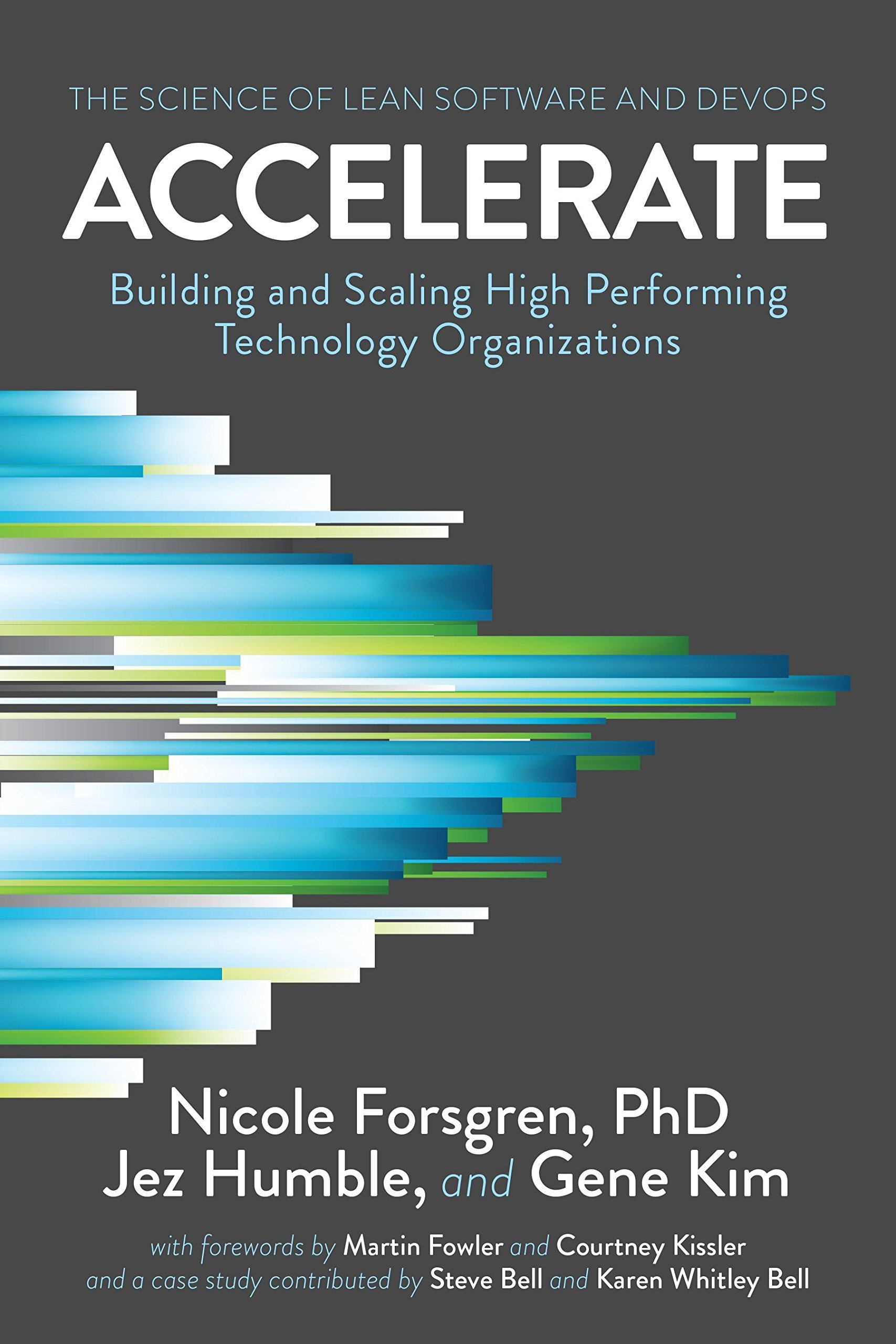
Accelerate: The Science of Lean Software and DevOps
The book presents the results of a comprehensive study of over 200 high-performing technology organisations, and identifies four key metrics that are correlated with organizational performance: lead time (the time it takes to go from idea to implementation), deployment frequency (the rate at which new code is released), mean time to recover (the time it takes to recover from failures), and change fail rate (the percentage of changes that result in failures).

Designing Delivery
Designing Delivery is a book about designing and implementing delivery systems that are efficient, effective, and resilient. It argues that the design of delivery systems has a significant impact on the performance of organisations, and that organisations can improve their performance by designing delivery systems that are aligned with their goals and values.

The Phoenix Project
The book uses a narrative format to illustrate the principles and practices of DevOps, and covers topics such as organisational culture, continuous delivery, and the importance of collaboration and communication. It is a valuable resource for professionals looking to understand and implement DevOps principles and practices in their organisations.

The Lean Startup: How Constant Innovation Creates Radically Successful Businesses
The Lean Startup is a book that provides a framework for building successful businesses through rapid experimentation and iteration. It argues that traditional business planning approaches are not well-suited for today’s fast-paced and highly uncertain business environment, and that organisations must embrace a culture of continuous innovation in order to stay competitive.

The Lean Mindset: Ask the Right Questions
The Lean Mindset: Ask the Right Questions is a book that explores the principles and practices of the lean approach to problem-solving and decision-making. It argues that the lean mindset is a way of thinking and acting that is focused on continuously improving the value that an organisation delivers to its customers, and that it can be applied to any problem or challenge that an organisation faces.
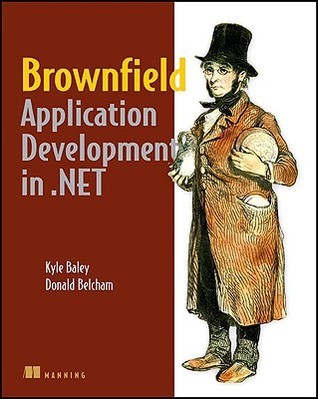
Brownfield Application Development in .NET
The book covers a range of topics related to brownfield development, including understanding the existing codebase, dealing with legacy code, and refactoring and improving the codebase. It also discusses the importance of testing and maintaining the quality of the codebase, and provides practical guidance on how to implement these activities in a way that is efficient and effective.

Preventing Good People From Doing Bad Things: Implementing Least Privilege
Preventing Good People From Doing Bad Things: Implementing Least Privilege is a valuable resource for professionals looking to improve the security of their organisations through the implementation of least privilege principles and practices.
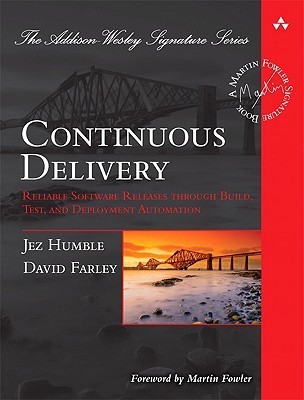
Continuous Delivery: Reliable Software Releases Through Build, Test, and Deployment Automation
The book argues that continuous delivery enables organisations to deliver high-quality software faster and more reliably, and that it is essential for organisations that want to remain competitive in today’s fast-paced business environment. It covers a range of topics related to continuous delivery, including build automation, test automation, deployment automation, and release management.
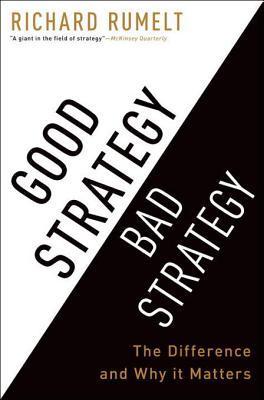
Good Strategy/Bad Strategy: The difference and why it matters
The book introduces the concept of “the lethal gap,” which is the gap between a company’s ambition and its ability to execute. It argues that bad strategies are often characterised by a lethal gap, and that they can lead to failure.

Lean Enterprise: How High Performance Organizations Innovate at Scale
The book introduces the concept of the “lean enterprise,” which is an organisation that has embraced lean thinking and practices, and is focused on continuously improving the value it delivers to customers. It covers a range of topics related to lean enterprise, including value stream mapping, flow, pull, and continuous improvement.
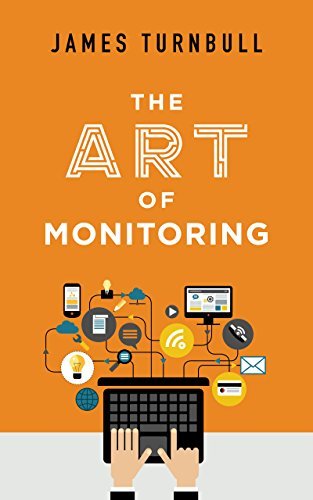
The Art of Monitoring
The book covers a range of topics related to monitoring, including the importance of monitoring, the types of metrics that should be monitored, and the tools and techniques that can be used to collect and analyze data. It also discusses the role of monitoring in incident response and problem resolution, and provides practical guidance on how to design and implement effective monitoring systems.

Leading the Transformation: Applying Agile and DevOps Principles at Scale
The book covers a range of topics related to agile and DevOps, including the importance of cultural and organisational change, the role of leadership in driving and supporting transformation, and the practical challenges and solutions involved in implementing agile and DevOps practices at scale.
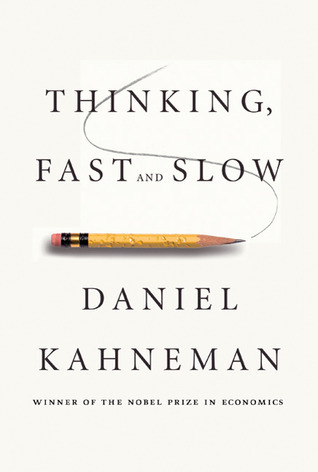
Thinking, Fast and Slow
Thinking, Fast and Slow is a book that explores the psychological basis of how people think and make decisions. It introduces the concept of “dual-process theory,” which posits that there are two distinct systems of thinking: “System 1,” which is fast, intuitive, and emotional, and “System 2,” which is slower, more deliberative, and more logical.

Masters of Doom: How Two Guys Created an Empire and Transformed Pop Culture
The book begins with the early years of Carmack and Romero, and their early experiences with computers and video games. It then follows their journey as they create their own company, id Software, and develop some of the most iconic and influential video games of all time, including Doom and Quake. Along the way, the book discusses the challenges and controversies that Carmack and Romero faced, and the impact that their work had on the video game industry and popular culture.
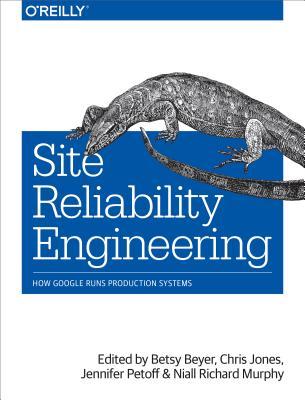
Site Reliability Engineering: How Google Runs Production Systems
The book is based on the experiences of the SRE team at Google, and provides insights into how Google runs its production systems. It covers a range of topics related to SRE, including reliability engineering, incident management, monitoring and alerting, and capacity planning.
Full disclosure; the links above are to my Amazon Associates account, and so I would get a little financial kickback if you decided to purchase.
8afbc2d @ 2026-01-30